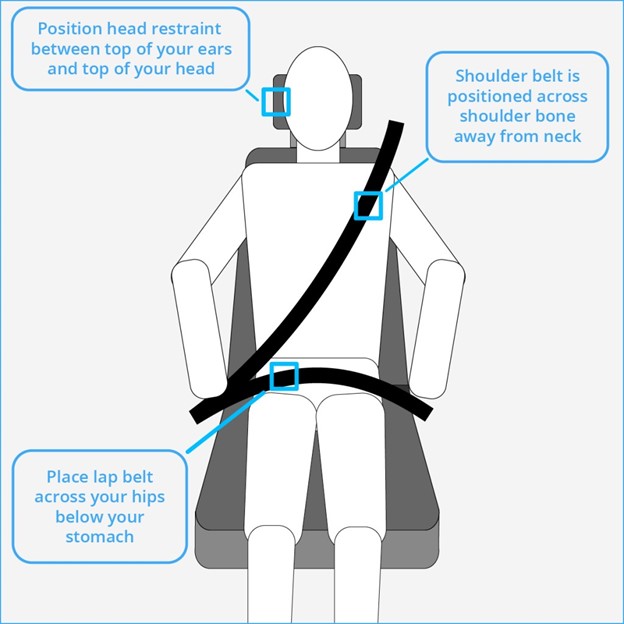A nurse in an assisted-living facility is reinforcing teaching with staff members about preparing for an external chemical disaster. Which of the following instructions should the nurse include?
"Turn on fans in the facility to circulate air."
"Cover the electrical outlets with wet towels."
"Move clients to a room above ground with few windows."
"Open the fireplace dampers in the day room."
The Correct Answer is C
During an external chemical disaster, it is crucial to minimize the exposure of clients to the hazardous substance. Moving clients to a room above ground level with few windows can help reduce the risk of exposure to the chemical and its fumes. This is because many hazardous chemicals tend to be denser than air and may settle closer to the ground. Choosing a room above ground level and with fewer windows can provide a safer environment.
Turning on fans in the facility to circulate air can actually worsen the situation by spreading the chemical and its fumes throughout the facility, potentially exposing more individuals.
Covering the electrical outlets with wet towels is not directly related to preparing for an external chemical disaster. It may be more relevant during a fire emergency to prevent the spread of flames, but not for chemical exposure.
Opening the fireplace dampers in the day room can allow the entry of outside air and potentially introduce more of the hazardous substance into the facility.
Nursing Test Bank
Naxlex Comprehensive Predictor Exams
Related Questions
Correct Answer is C
Explanation
This statement reflects appropriate newborn care as newborns have sensitive skin, and using soap on the face can cause irritation. Washing the baby's face with a warm, wet washcloth is a gentle and effective way to clean the baby's face without the need for soap.
Moist towelettes may not be suitable for cleaning a newborn's head as they may contain chemicals or fragrances that can be harsh on the baby's delicate skin. It is generally recommended to use a soft, damp cloth for cleaning the baby's head.
Bathing a newborn under a faucet of running water can be unsafe as the water temperature may fluctuate and pose a risk of scalding. It is recommended to use a baby bathtub or a basin with warm water for bathing the baby.
Newborns do not need to be bathed daily as frequent bathing can strip their skin of natural oils and cause dryness. It is generally recommended to bathe newborns 2-3 times a week or as needed, focusing on areas that need cleaning such as the diaper area and skin folds.
Correct Answer is C
Explanation
a.Applying the restraint under the client's clothes: Restraints should be applied over the client's clothes to avoid direct skin contact and reduce the risk of skin irritation or injury.
b.Tying the restraint to the railing of the client's bed: Restraints should not be tied to bed rails or any other fixed objects. This can increase the risk of injury to the client and should be avoided.
c.Placing the client in a sitting position is appropriate when applying a belt restraint, as it helps prevent respiratory compromise and allows the client to maintain a safer and more comfortable posture.
d.A belt restraint should be placed around the client's waist, not across the chest, to avoid restricting breathing.

Whether you are a student looking to ace your exams or a practicing nurse seeking to enhance your expertise , our nursing education contents will empower you with the confidence and competence to make a difference in the lives of patients and become a respected leader in the healthcare field.
Visit Naxlex, invest in your future and unlock endless possibilities with our unparalleled nursing education contents today
Report Wrong Answer on the Current Question
Do you disagree with the answer? If yes, what is your expected answer? Explain.
Kindly be descriptive with the issue you are facing.
